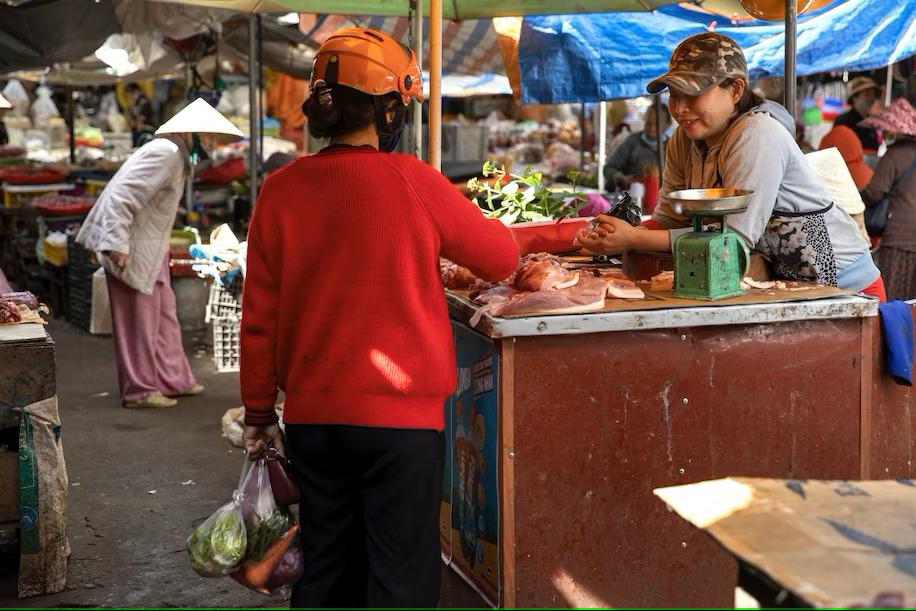Economy 'far from being down and out'
- Ziggurat Realestatecorp

- Mar 22, 2023
- 2 min read
The Philippine economy remains "far from being down and out," private sector economists said, despite persistently high inflation and continuing negativity.
"Rather, the robustness remains until some more dramatic [unlikely] negative event[s] demolishes it," economists from First Metro Investment Corp. and the University of Asia and the Pacific said in the latest edition of their monthly Market Call report.
The "sanguine view," they said, is underpinned by a double-digit manufacturing growth in January, still-expansionary purchasing managers' index results and a likely rebound in infrastructure spending.
While employment may have dropped in January, this was due to seasonal factors. Slippages in the services sector were described as "minor" and sustained gains in transport and storage, accommodations and food services, and real estate — industries previously hit by job losses — "kept the sectoral job situation relatively unscathed."
The national government, meanwhile, "can pursue its ambitious infrastructure spending" with the debt to gross domestic product ratio at 60.9 percent as the end of last year.
The FMIC and UA&P economists noted that ongoing public-private partnerships such as the Light Rail Transit 7 and the Calamba-Laguna Expressway would provide a boost to spending and that other government projects like the Metro Manila Subway had gained traction.
Elevated inflation remains a concern but likely peaked in January, they said. While core inflation rose in February, "we should not lose sleep over it since food and transport prices, in the Philippines, have a lagged effect on 'non-volatile' items," the economists added.
The likely downtrend for inflation should also reduce concerns over a consumer spending slowdown.
"We think the latter shall find support in the personal income tax cut effective January 2023 and solid OFW (overseas Filipino worker) remittances," they said.
The Bangko Sentral ng Pilipinas (BSP), meanwhile, is expected to slow its tightening pace this Thursday via a 25-basis-point (bps) policy rate hike to 6.25 percent.
Another 25-bps increase could follow in May, and the economists noted that the BSP "will likely not want to extinguish the economic recovery momentum."
The rate hikes, they also said, "won't suffice to stem the depreciation tendency of the peso given the Fed's (US Federal Reserve) resolve to raise its policy rates by 25 bps in March and in May, and PH's (Philippines') burgeoning trade deficits."
"The recent SVB (Silicon Valley Bank) bank failure in the US won't derail those plans."
Source: Manila Times





Comments